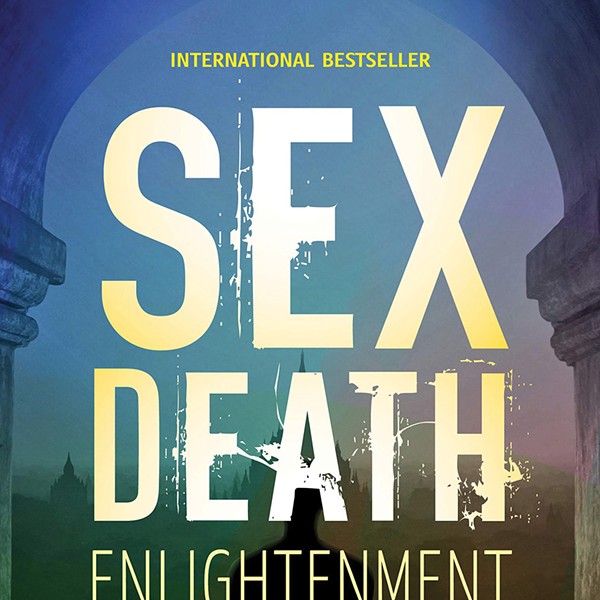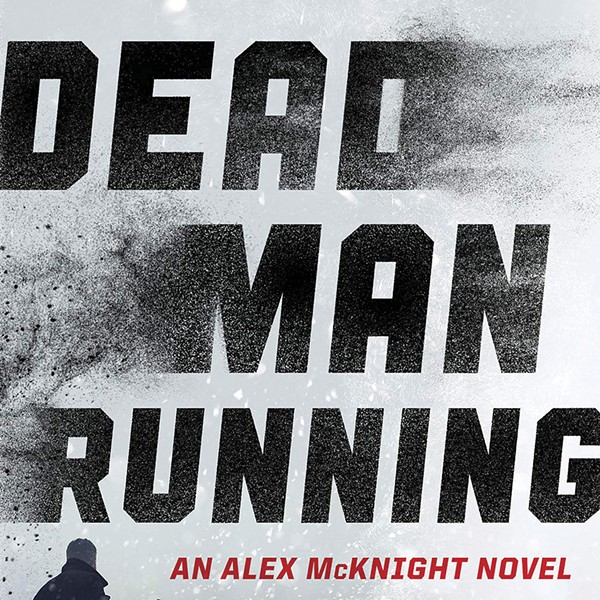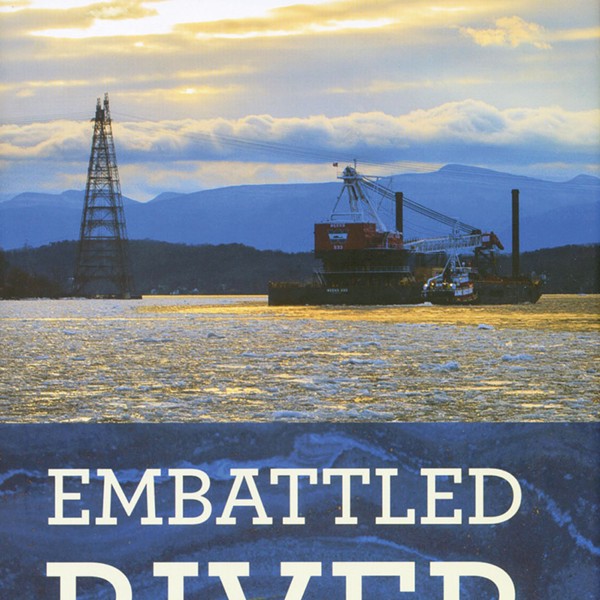Born in Belgrade, Yugoslavia, in 1938, Simic survived Nazi occupation during World War II, arrived in the US at age 16, graduated from New York University, and published his first collection of poems in 1967. The author of more than 60 books, including translations, a memoir, and essays, in addition to his own poetry, he is currently a professor of English at the University of New Hampshire.
Simic writes in a style that has been described as both minimalist and surreal. In many poems, ordinary language conveys common objects and events. Yet beneath this deceptive facade, Simic’s poems resonate with uncommon juxtapositions of memory, feeling, and situation, often preoccupied by a sense of burden or restlessness.
In his essay “Poetry and Experience,” Simic writes:
“At least since Emerson and Whitman, there’s a cult of experience in American poetry. Our poets, when one comes right down to it, are always saying: This is what happened to me. This is what I saw and felt. Truth, they never get tired of reiterating, is not something that already exists in the world, but something that needs to be rediscovered almost daily.”
AD: What do you like about giving readings?
CS: You sort of test the poems to see how they sound. It’s one thing to write and read them on the page, but once they’re said to an audience aloud, it’s a great risk. You find out things about the poem that work, things that don’t work. It’s a little bit like presenting your own play.
AD: How does a poem begin for you? Do you start with an image or idea?
CS: Not an idea, but some mood associated with a place, with an image. I’ll be thinking of a dark winter afternoon. You recall another one from the past and then some other images come in. Suddenly, you are a few years back trying to catch a bus on the South Side of Chicago. All of a sudden your imagination and memory are moving. And what will come out of that, God knows. But that’s how it starts.
AD: I know you revise your work quite extensively. Is a poem ever finished for you? How do you know when it is?
CS: I can’t help tinkering and I know that’s dangerous. There’s the story about the scientist with the beautiful wife, and she has a little birthmark on her face. The scientist thinks if he just removes that she’ll be perfect. But when he does, he kills her. Sometimes a slight little awkwardness is the poem’s charm and gives it a kind of life and reality. And if you remove it, you kill it.
AD: Do you write poetry every day, or do you go through fallow periods where the poetry has to build up over time?
CS: It’s impossible to write every day and I wouldn’t want to write every day. There are other things to do in life. I go through periods when I’m writing every day and then I go through months when I don’t think about it at all.
AD: You once wrote, “Poetry is the only place where a liar can have an honest existence, providing his lies make memorable poems.” What is the poet lying about and what makes a good liar in poetry?
CS: You invent to tell the truth. People always assume that everything in your poems happened to you. A lot of things did but a lot of things did not. In some ways you can describe that as lying, but you’re working with your imagination, which is what art does.
AD: Critics often use the word "surreal" to describe your poems. What is your reaction to that label?
CS: It really means nothing to me, because I believe that deep down in my heart I’m a realist. I look at the world with my eyes open.
AD: The language in your poems is very stripped-down, or even plain. How did that style evolve for you?
CS: I like very complicated and rich, dense diction, but I also like a style that is really accessible, where a dog could pick up a couple of words and wag its tail. There’s something wonderful in trying to say very complex things "simply."
AD: There’s a great quote from Seamus Heaney about your work: “The magic dance is being kept up to keep calamity at bay.” There’s a sense of foreboding in your work, but there’s an equal sense of play, almost co-existing, side by side. Is that something you’re consciously striving for or aware of while you’re writing?
CS: It’s part of my sensibility. The world is an evil place. As we speak, people are being maimed, killed, and hurt in other ways. You can’t forget that. At the same time, we also sing and enjoy food and fall in love and go around the house whistling. It’s not all bleak. There are two elements, and one has to remember them both.
Charles Simic will read on April 18 at 11am in Vanderlyn Hall’s student lounge and at 7pm in Quimby Theater on the SUNY Ulster campus in Stone Ridge. (845) 687-5262; www.sunyulster.edu.

















